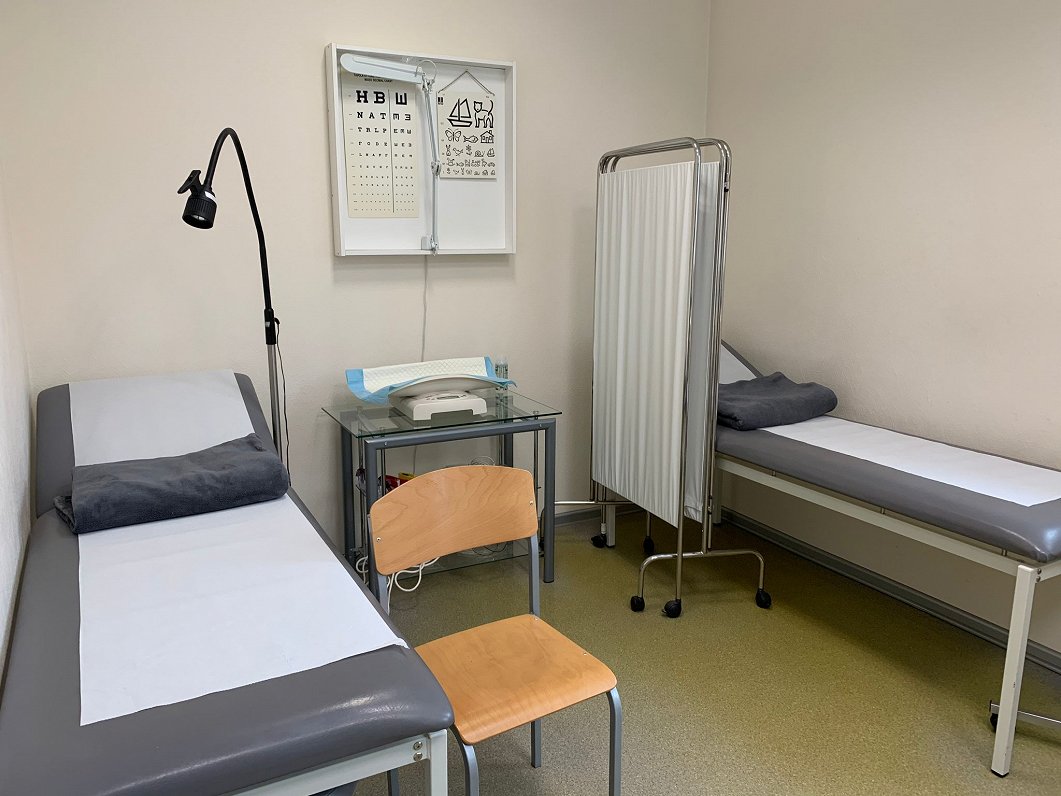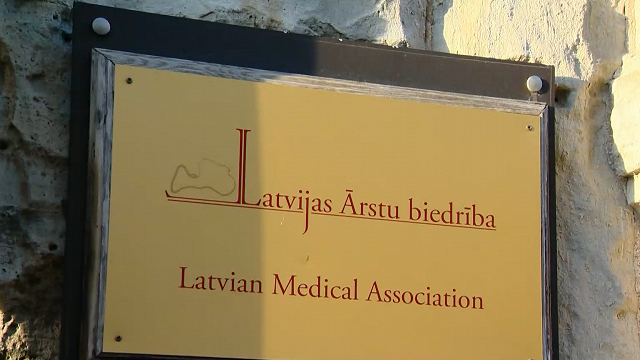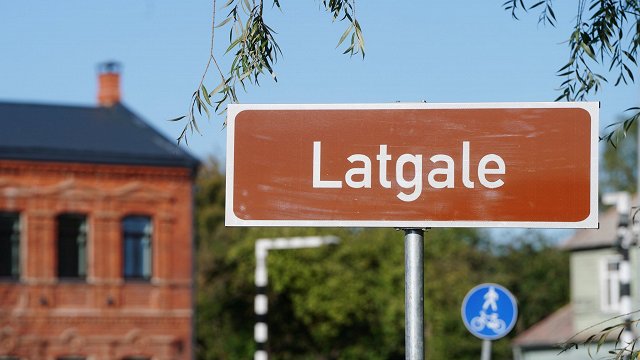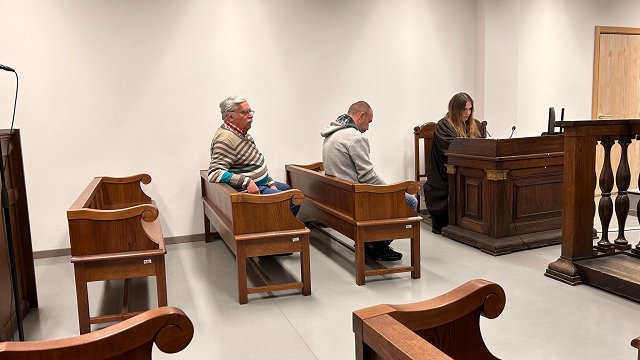In July and August, a survey was carried out by the Latvian Doctors Congress to find out patients' views on the quality of health care and doctors' work.
"The survey also asked residents how much, in their view, different professionals can be trusted. Doctors and nurses enjoy the trust of the population, and it only slightly, within the statistical error, lags behind the level of trust for engineers and architects. In turn, politicians, officials, and judges have little trust. Moreover, the dynamics of public confidence in doctors are very positive, which demonstrates once again the role of doctors as opinion leaders in society,” said Arnis Kaktiņš, director of the SKDS.
Doctors themselves have estimated the prestige of their profession on a 10-point scale at 6.93, which is significantly higher than in previous polls, SKDS noted. The Latvian residents, on the other hand, have assessed the doctor's profession as the most prestigious. Architects, lawyers, and entrepreneurs follow.
“The assessment of the public is, of course, very important, bu as important is the satisfaction of the doctors themselves with their professional choices. Still, 75% of doctors would choose the same profession now, only 9% are disappointed in their choices, while 15% found it hard to answer the question. [..] However, if it is about children's professional choices, 57% of doctors would recommend that their children be a doctor, but 35% would not recommend it,” said Ilze Aizsilniece, president of the Latvian Medical Association.
Compared to surveys of 2017 and 2013, there has been a significant increase in the number of doctors who believe that medical treatment is properly assessed financially, as well as working conditions have improved. If in 2017, only 14% of respondents estimated their wages as fair, this year they are already 29% of doctors surveyed. Still, 59% of doctors remain who believe the financial valuation isn't adequate.
After a Covid pandemic for nearly three years, it was important to see how workload, physical and mental health were assessed by doctors themselves, who had been subjected to increased stress and overload all the time. The survey showed that there was a dramatic increase in the number of patients with whom the doctor is in daily contact during one week. This year, they average 80 patients, while still in 2017, they were 66 patients a week, according to data from SKDS.
Similarly, the survey has shown that doctors are still forced to work in a number of jobs; 22% work even in three and more jobs. Only 43% of those surveyed said they had only one job. These data show that there is a chronic shortage of doctors in Latvia, which also poses additional epidemiological security risks, according to SKDS.
Burnout at work is an integral part of the doctor's profession. In the 10 years since the polls are conducted, the situation hasn't improved significantly. Each third is still 35% often experiencing burnout and 53% sometimes. Only 9% of doctors surveyed have found that they have never experienced burnout at work.
The survey showed for the first time how residents and doctors assess Latvia's health system and its compliance with modern requirements. As a whole, only 13% of doctors and 17% of the population have assessed Latvian health care systems as good, but 28% of doctors and 32% of the population assessed it as poor.
The survey was carried out by the study center SKDS, with a total of 1005 Latvians aged 18-65 and 1187 doctors participating.






























